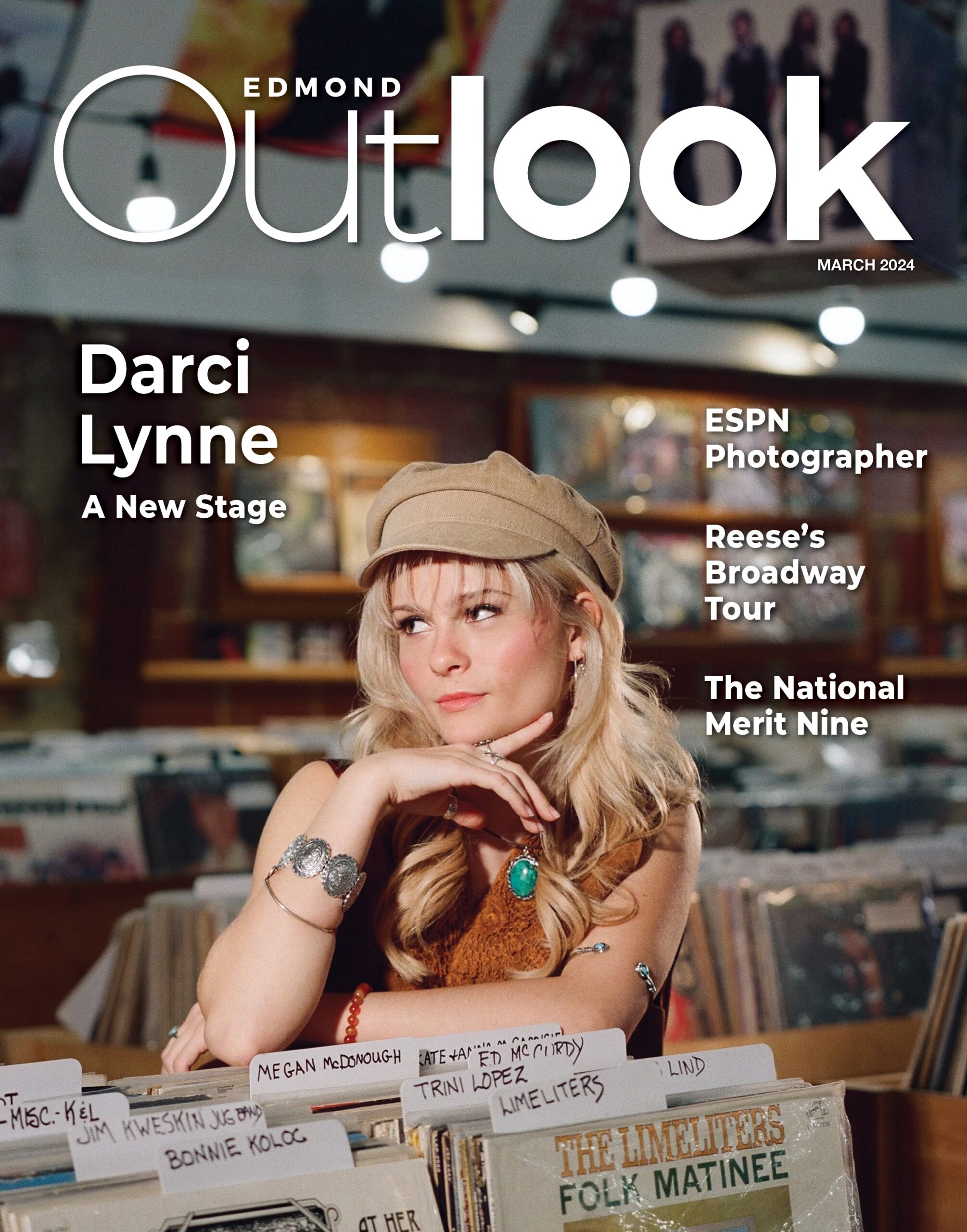Prisoners of Possessions
“We
help them relate to healthy living based on what’s real and true
instead of the lie that things can fill us and make us secure.”
If
you’ve ever heard of someone who calls themselves a “hoarder”,
you may be surprised to find their home and their life is far more
complex than you realize. Beyond clutter, these homes are typically
stuffed from room to hallway, floor to ceiling, from porch to
backyard and often confine their residents to one area or tiny room
of the house. These compulsive hoarders are usually fractured by loss
or trauma while they live in fear and social isolation as a prisoner
of their possessions.
By
definition, compulsive hoarding is a mental disorder marked by an
obsessive need to acquire a significant amount of possessions, even
if the items are worthless, hazardous or unsanitary. Over time, the
debts and the stuff mount up and back their owners against a wall.
Certified
Life Coach, Rhonda Harryman, M. Ed, CLC of Grace Life Coaching, says
compulsive hoarders acquire possessions as coping skills to deal with
stress and the effects of devastating experiences. “It usually has
something to do with a background of trauma and loss which triggers
emotions that cause them stress. They don’t have the coping
mechanism to regulate their stress levels, so they develop
destructive habits.”
“I
worked with a couple in their 50’s whose marriage was severely
affected by hoarding,” Harryman says. “They lived physically
separate lives within their upscale home. Although their income
allowed for any type of help they might need there was a deeper
problem leading to the hoarding, making it extremely difficult for
either of them to live in peace.” Harryman referred the couple to a
trusted counselor while working simultaneously on creating a
healthier environment for them.
For
most, that first step is changing the way they think. “The client
and I begin step by step to recognize thinking patterns that don’t
line up with reality,” said Harryman. “Then I coach them to
faithfully put their priorities in place. We task analyze everything
that needs to be done, then help them relate to healthy living based
on what’s real and true instead of the lie that things can fill us
and make us secure.”
Becky
Keever, professional organizer and owner of Reclaim Your Space once
worked with a client who lost a loaded gun in their home. This was a
very dangerous situation to be in and the client was frantic. Keever
says, “We switched the focus of the day to finding the gun.”
While
not everyone who lives with clutter and disorganization is a
compulsive hoarder, things pile up and cause chaos. For those
clients, Keever says changes in a person’s work or home life
usually produces the problem and often the previous ways of
completing tasks no longer function. “I want people to know that
they didn’t fail; their systems did and we can find a new system
that will produce results in their new circumstance.”
What
are the signs of a compulsive hoarder? Harryman says, “There is a
distinct odor to these homes because they tend to be unhealthy and
unkempt by the owner. Some people will appear to be clean in public
but at home it’s a different story. Also you’ll notice very
protective habits or they have a different excuse every time you show
up at their home. The predominant sign is they never let you in their
space.”
Harryman
recommends an intervention, which begins with access to their hearts
before you tackle their home. “Anyone can make physical changes but
if it’s not an inside-out job, it will reoccur. If you are not
someone they trust, your efforts will never work. Understand their
world, where their stresses are and then talk about that. A friend is
great, and then, if necessary you can refer them to a professional.”
According
to Harryman, freedom from hoarding is like lifting a burden. “This
is an unbelievable weight on their shoulders that has been there 10,
20, even 50 years in some cases. That’s a long time to be held
captive. It means freedom to them because they are truly in bondage
before that point.”
The
good news is there is life after hoarding. For more information on
compulsive hoarding, visit www.compulsivehoarding.org.


